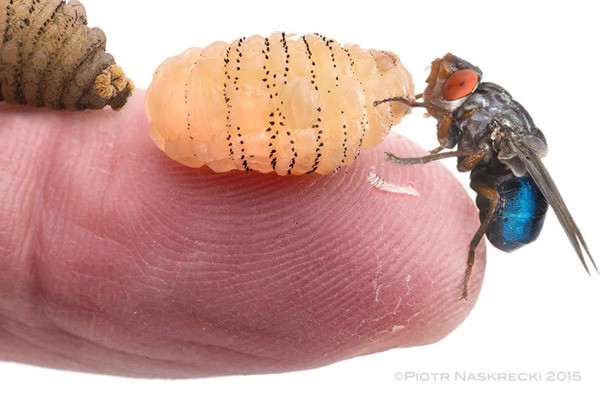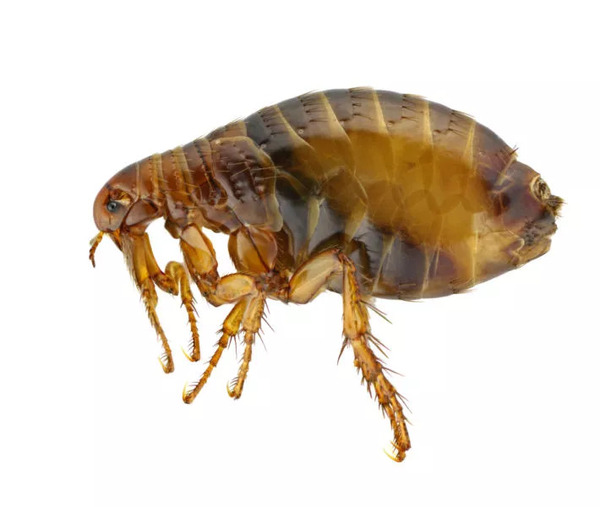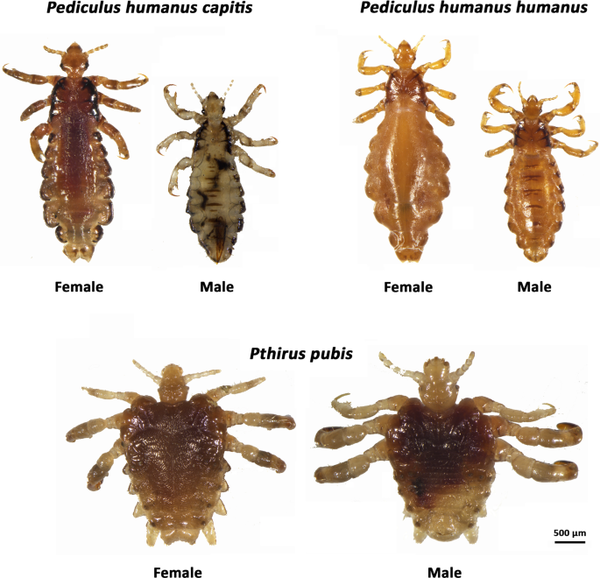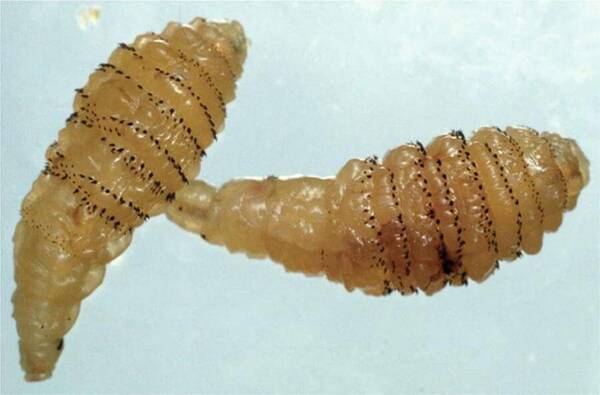In the world of insects, some species have developed unique and often unsettling reproductive strategies, including laying their eggs under human skin. While this may sound like something out of a horror movie, it’s a reality for certain bugs. Let’s explore this phenomenon, focusing on the types of insects involved, their life cycles, and the potential effects on humans.
Bot Flies: Perhaps the most notorious among skin-infesting insects, bot flies lay their eggs on the skin of mammals, including humans. The larvae burrow into the skin and can cause painful sores.

Fleas: While fleas don’t lay eggs directly under the skin, their larvae can sometimes burrow into the skin, causing irritation and leading to secondary infections.

Lice: Head lice, while primarily known for laying eggs (nits) in hair, can cause intense itching and discomfort, mimicking the sensation of being beneath the skin.

Screwworms: These larvae can infest open wounds, laying their eggs nearby. As they develop, they can lead to severe tissue damage if untreated.

The life cycle of these insects usually involves laying eggs on or near a host. Once the eggs hatch, larvae penetrate the skin to feed and grow. This process can vary in duration, but many larvae will eventually exit the host to pupate and continue their life cycle.
The impact on human health can range from mild irritation to severe infections. Symptoms often include:
Itching and Inflammation: The body reacts to the presence of larvae, leading to redness and swelling.
Pain and Discomfort: As larvae burrow deeper, they can cause significant pain.
Infection: Open sores created by the larvae can become infected if not properly treated.
Preventive measures include avoiding contact with infested animals and maintaining good hygiene. If you suspect an infestation, it's crucial to seek medical attention. Treatments often involve removing the larvae, cleaning the affected area, and, if necessary, administering antibiotics to prevent infections.
While bugs that lay eggs under human skin may seem like an ultimate nightmare, understanding these insects can help demystify the issue. Awareness, prevention, and prompt treatment are key to mitigating their impact on human health. Always consult healthcare professionals for proper diagnosis and care.
animal tags: Lice
We created this article in conjunction with AI technology, then made sure it was fact-checked and edited by a Animals Top editor.